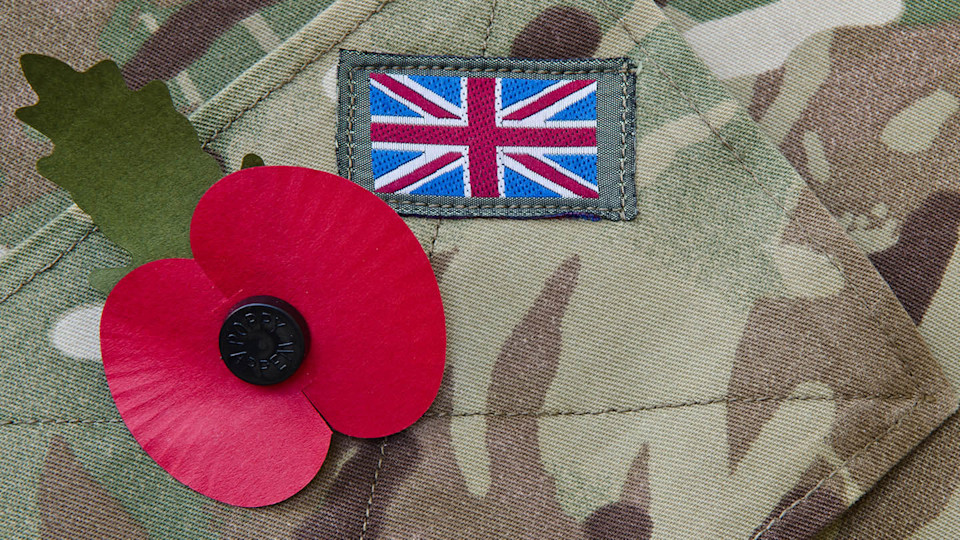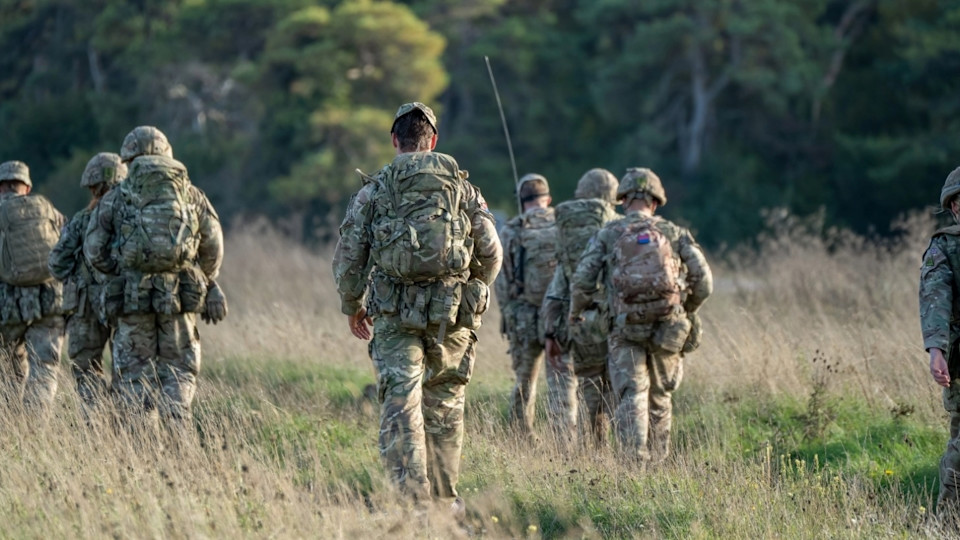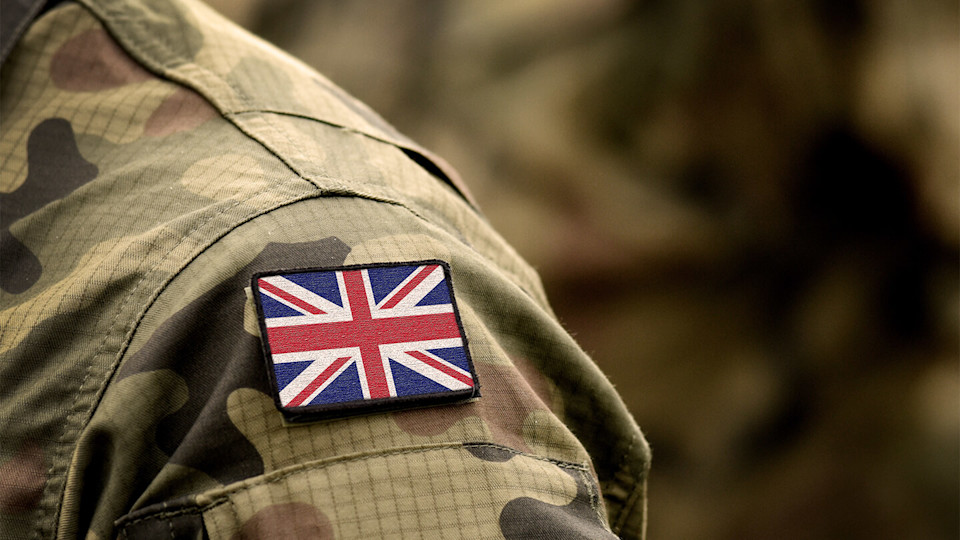
Personal injury
The Armed Forces Compensation Scheme: What can you claim for and how does it work?
The Armed Forces Compensation Scheme enables military service personnel and veterans to claim for injury or illness caused by their service. Find out more about how the scheme works and what you need to know to make a claim.
How does the Armed Forces Compensation Scheme (AFCS) work?
The Armed Forces Compensation Scheme (AFCS) was introduced by the government on 6 April 2005, replacing the War Pensions Scheme for any injuries or illnesses caused by service in the military on or after that date.
The scheme is managed by Veterans UK and provides compensation on a fixed tariff basis. Crucially, the scheme is ‘no-fault’, which means that it is not necessary to prove that the Ministry of Defence (MOD) was liable for the accident that caused your injury or illness.
What can you claim for under the AFCS?
To make a claim under the Armed Forces Compensation Scheme, you must be able to show that your injury or illness was caused by your service in the military. You have 7 years from earliest relevant date below to start your claim:
- the date of the incident that caused your injury or illness during military service
- the date on which your injury or illness was made worse due to military service
- the date you first sought advice for your illness (only in the case of illness, not injury)
- the date you were discharged
Any claim made to the AFCS will be evaluated according to the severity of the condition, and one of 15 fixed amounts will be paid out if your claim is successful.
Usually, these are paid as one-off lump sums, though there are sometimes exceptions where financial support is needed before a claim can be fully processed or, in very rare circumstances, a condition has significantly worsened after a claim has been settled.
Where injuries or illnesses are considered substantial (generally having life-long consequences), a Guaranteed Income Payment (GIP) is awarded. This is a tax-free regular payment made to compensate for any loss of earnings due to your condition.
Can I make an AFCS claim as well as a civil one?
Yes and no.
The answer to this question is slightly complicated, but essentially, you can start an AFCS claim and a civil claim, but you can only receive compensation from one, usually the one that awards the higher amount.
The law prevents anyone from being compensated for any injury or illness twice (known as double recovery). However, as the AFCS and civil claim processes are vastly different, you are allowed to start a claim through both routes.
A civil claim will evaluate your claim differently, as there are no fixed tariff amounts. Instead, it will be up to your military injury solicitor to negotiate a settlement. However, they will also have to prove that the MOD was at fault for your injury. This can make a claim harder to prove, though will often result in a higher level of compensation as a result.
If both claims are successful, you will only receive compensation from the claim that awards the higher sum.
How much compensation does the AFCS pay?
As mentioned above, any claim made to the AFCS will need to evaluate the severity and extent of your condition. This will usually involve reviewing your medical records, both within and outside of military, where appropriate.
If it is decided that your medical records do not give enough evidence, you may be asked to attend a medical examination to provide further information about your diagnosis and prognosis (whether you are likely to make a full recovery and how quickly this could reasonably be expected to happen).
Once the severity of your injuries has been determined, a tariff level from 1 to 15 – where 1 is the most serious injury and 15 the least serious - will be assigned. This will decide how much compensation you should receive.
For the most minor injuries or illnesses, payments start at £1,236. For the most serious, compensation goes up to a maximum of £650,000. For serious conditions, you could also be entitled to receive GIP.
Get support with an AFCS claim
Whether you decide to make a claim through the Armed Forces Compensation Scheme (AFCS) or wish to pursue a civil claim (or both), the processes can be long and complex. It is important to discuss your case with a specialist, experienced military injury solicitor, as they will be able to tell you whether you have a claim, and which route may be the most beneficial for you.
At Slater and Gordon, our industry-leading solicitors are experts in military injury, with a proven track record of success in achieving the maximum amount of compensation possible. What’s more, all AFCS claims are handled on a No Win No Fee basis, meaning there’s no financial risk to you.
To learn more about how we can help you, call us on 0330 041 5869 or contact us online to arrange a call back.



